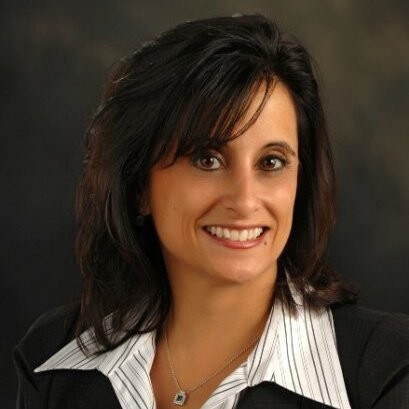
Danielle Valkner, Family Office Leader, PwC US, tells us why family offices are keen to embrace new technologies and which emerging technology trends to look out for.
Danielle Valkner works with a diverse range of family offices advising on finance effectiveness and reporting, process improvement, operating model transformations, due diligence, risk management and control, vendor selection and robotics process automation.
Why is there an increased focus on technology by family offices?
As with all businesses there is a need for more transparency and a growing expectation of better real time data to drive decision making. This is not just from family members, but across the investment ecosystem and it will only increase. Meeting the demands for better reporting is resource intensive and family offices are finding that new technologies can help free up their headcount to focus on activities that deliver the long term strategy.
It is also important to remember that until recently family offices were more hesitant to invest in technology because of the cost and complexity of implementing the software. However, there are now a growing number of bespoke family office Cloud/Saas tools which are both more affordable and easier to implement.
Question: What are the benefits for family offices embracing technology?
The benefits will vary for each family office; a common theme is better information for decision making and more proactive management to reduce surprises. One area where family offices have taken advantage of new digital applications is tracking and managing risks across their portfolio of investments. New tools on the market now enable them to easily aggregate the performance, risks and exposures across the portfolio to improve the speed, efficiency and quality of reporting and investment analysis.
Technology can also improve interactions outside of the family office helping them work more efficiently with third parties. A good example is the document management tools now available which can be used within a wide eco-system of advisors and vendors for workflow and collaboration. In the past a family office would have had to leverage email, spreadsheets and multiple versions of documents, now they can easily share documents real time in a secure environment and have automated workflow to manage the process and identify/remediate bottlenecks.
Privacy remains a priority and while it is always sensible to be careful about sharing access and data with third parties, family offices often find that vendors focused on this segment have superior security to themselves. While no firewall and security measures provide absolute assurance, typically technology providers work very hard to remain secure and deploy the latest tools and techniques for managing security risks. Because of this we are seeing more family organization be open to cloud platforms and all the benefits they have to offer.
Question: Which emerging technologies do you think offer the most to family offices?
There are two emerging technologies that have practical applications within the family office environment. The first is robotic process automation (RPA) and the second is blockchain.
RPA software enables user-led automation to perform rules-based, repeatable tasks that previously required humans to perform and is actually already widely used. RPA can replicate keystrokes and mouse clicks to perform data gathering, analysis and standard communications. The most widely used examples of RPA include data entry/form population and account reconciliations. When you combine RPA with artificial intelligence (AI) and machine learning you can gain even greater efficiencies. One real example of this which all family offices will recognise is gathering of tax information and populating tax forms. The PwC US member firm has developed a RPA/AI tool which can read, digitize and consolidate Schedule K-1 tax forms for upload into tax returns, saving family offices a significant amount of time doing data gathering and data entry and providing additional analytical capabilities.
Blockchain is a distributed, tamperproof ledger that eliminates the need for intermediaries, reduces costs, increases speed and offers greater transparency and traceability. For family offices operating in a wide ecosystem of fund advisors, bankers, custodians, attorneys and asset managers, implementing a private blockchain is an affordable and elegant solution to fostering collaboration across a disparate population.
As the technology is rapidly advancing, these solutions are becoming more affordable.
Question: What are the challenges?
It is easy to be distracted and overwhelmed by the range of technology available and the sheer pace of change. Not every technology is relevant to your business and not every vendor is right for your business. The first step is to focus on four key questions:
What is the long term strategy?
What are the roadblocks and challenges to achieve that strategy?
What are the required capabilities and what do we need to do better / quicker / safer?
How can technology help?
It is easy to get overwhelmed by all the options coming to market, but it is important to stay anchored on your strategy and these key questions. Technology generally cannot fix poor data or broken processes by itself. Addressing behaviours and data quality up front can save time and resources as will an honest discussion with third parties about what will need to be done differently in the future. Finding the right vendor to help meet current and future needs can also be a challenge though proper due diligence should help flush out any issues.
Generally speaking, the family offices who have gotten the most from embracing technology are those that plan ahead and have a clear idea of the required capabilities and how the technology will help them achieve their wider business strategy. This takes some investment up front but eliminates surprises and unanticipated costs down the road.
Contact us

Contact us

Jonathan Flack
Global Family Business and Family Office Leader & US Family Enterprises Leader, PwC United States



















